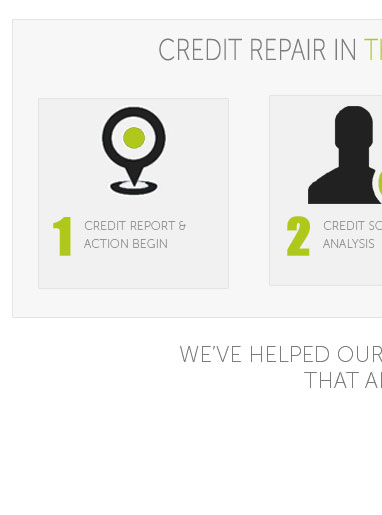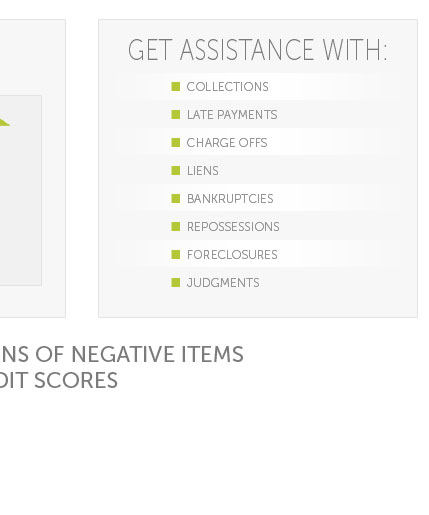 |
|||
|---|---|---|---|
 |
 |
 |
|---|---|---|
 |
||
 |
 |
 |
 |
|---|---|---|
 |
How to Increase Your Credit: A Comprehensive Guide
Building a robust credit profile is an essential component of financial health, influencing everything from loan approvals to interest rates. Many individuals often find themselves pondering the optimal strategies to elevate their credit scores. Understanding the nuances of credit improvement is crucial, as it can significantly impact one's financial opportunities.
First and foremost, it is imperative to understand your credit score. Your credit score is essentially a reflection of your creditworthiness, which lenders utilize to assess the risk of lending money to you. Ranging from 300 to 850, this score takes into account several factors, each carrying a different weight. By comprehending these components, you can strategically address areas that may need improvement.
One of the most straightforward ways to enhance your credit is by consistently paying your bills on time. Payment history accounts for approximately 35% of your credit score. Even a single missed payment can have a substantial negative impact, so it is advisable to set up automatic payments or reminders to ensure punctuality.
Another vital aspect is credit utilization. This refers to the amount of credit you are using compared to the total credit available to you, and it constitutes about 30% of your score. Keeping your credit utilization below 30% is generally recommended. For instance, if you have a total credit limit of $10,000, aim to maintain a balance below $3,000.
Moreover, it is beneficial to diversify your credit mix. Credit scoring models favor a variety of credit types, such as credit cards, mortgages, and installment loans. However, it is crucial to approach this strategy with caution, as taking on more credit than you can manage could be detrimental.
Length of credit history also plays a role in your credit score. The longer your credit history, the better, as it provides lenders with a clearer picture of your financial habits over time. Therefore, keeping old accounts open, even if they are seldom used, can be advantageous.
Additionally, be mindful of the frequency of credit inquiries. Each time you apply for credit, an inquiry is made, and too many inquiries in a short period can negatively impact your score. It is wise to be selective about when and where you apply for new credit.
Furthermore, regularly review your credit report for errors. Mistakes on your report can unfairly lower your score. Obtain a free credit report annually from each of the three major credit bureaus and scrutinize them for inaccuracies. If discrepancies are found, dispute them promptly.
Lastly, consider seeking guidance from a financial advisor if you feel overwhelmed. They can provide personalized strategies tailored to your financial situation, helping you to navigate the complexities of credit improvement with ease.
In conclusion, increasing your credit score is not an overnight process, but with diligence, patience, and informed strategies, you can enhance your financial standing. As you take these steps, you will likely find that not only does your credit score improve, but your overall financial well-being does as well.
CNBC Select details how you can quickly raise your credit card's credit limit and potentially your credit score by simply updating your ...
How to increase your credit limit - Contact your issuer online - Call customer service - Accept an issuer offer - Apply for a new card that will ...
If your credit score has increased since you first got a credit card, you may be in a good position to request a credit limit increase.